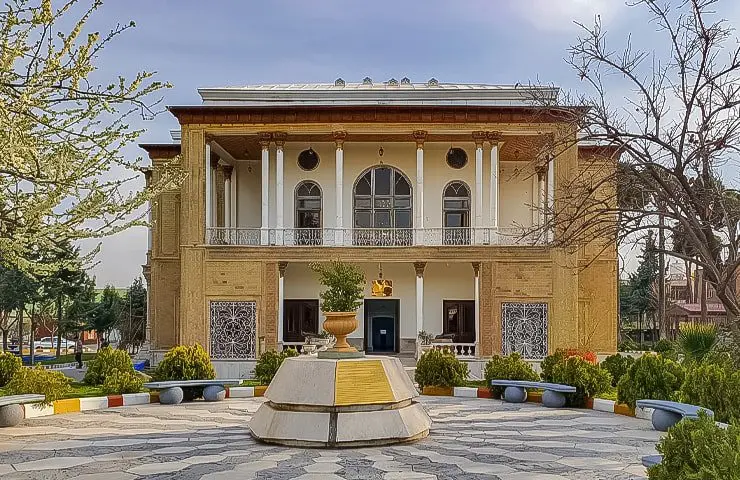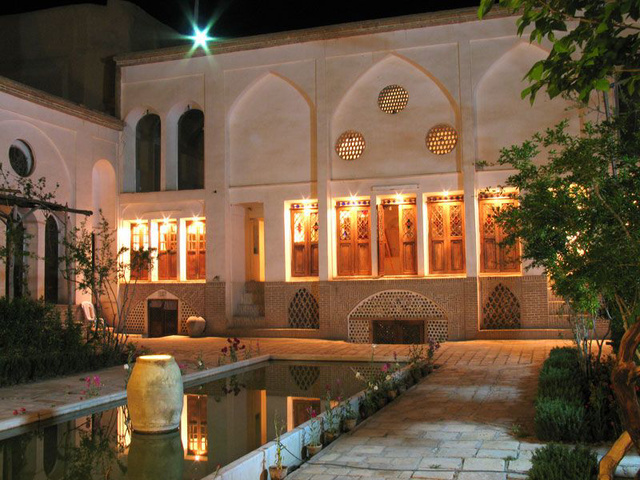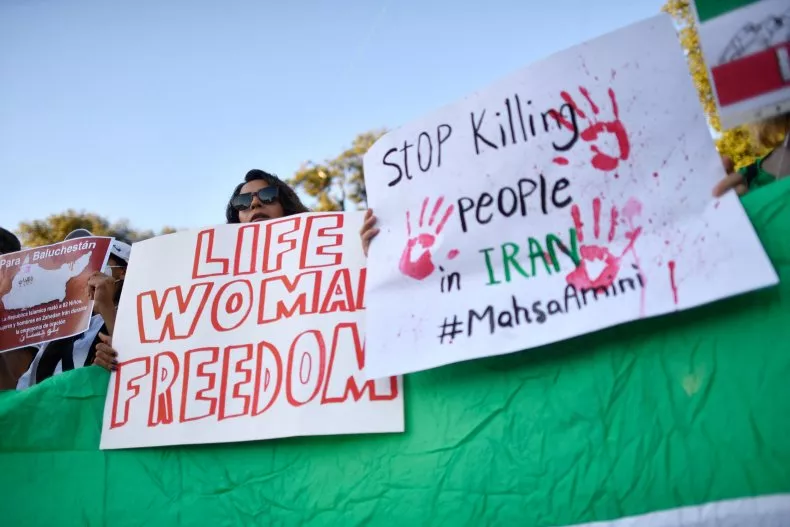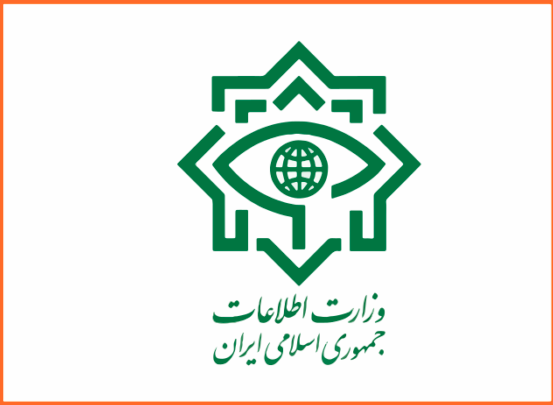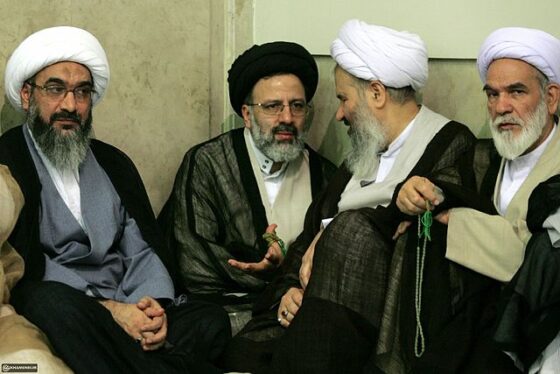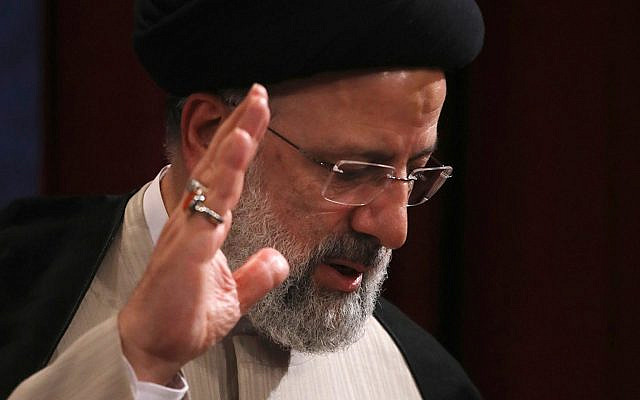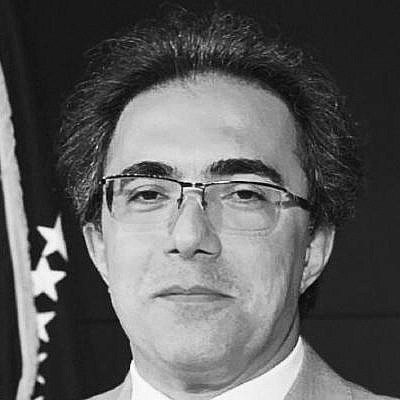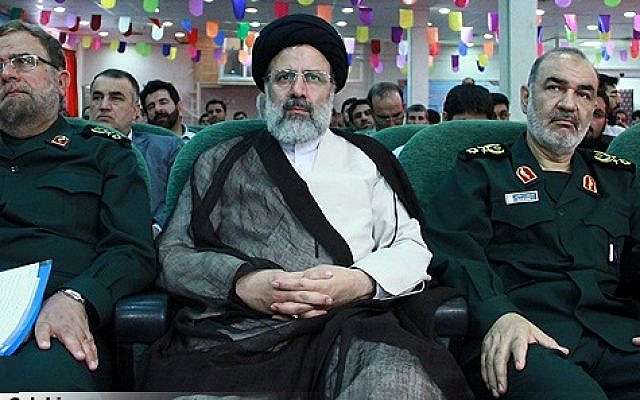This is the real reason Iran is backing away from its conflict with the US
Published on: 2020-05-20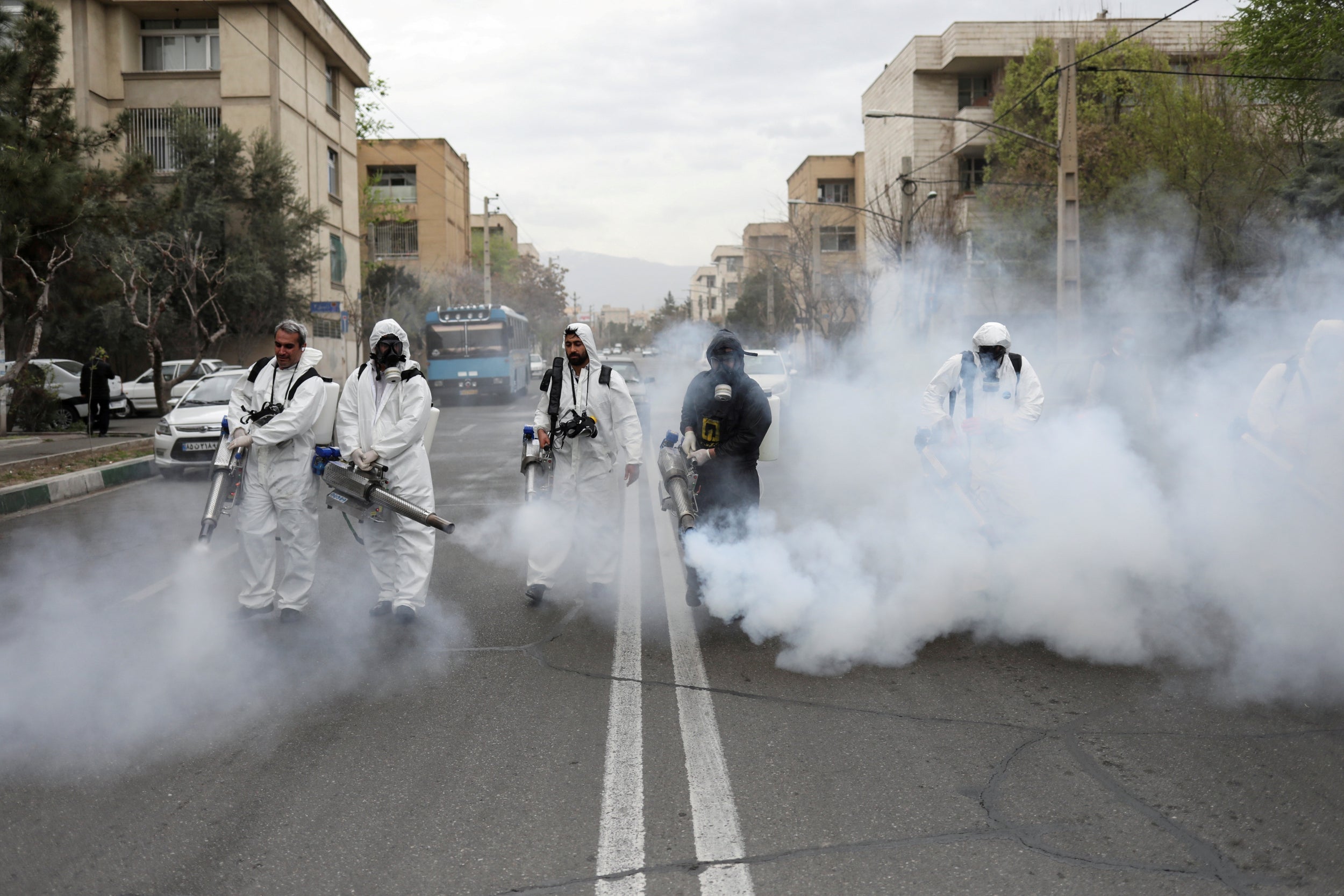
Iran is moving from a policy of brinkmanship to the art of appeasing the US. This new Iranian strategy is now expected to continue through what remains of Donald Trump‘s period of presidential office.
Reports this week revealed secret talks between the two rivals had resulted in securing Mustafa al-Kadhimi, the US-leaning politician, as the new prime minister of Iraq. Iran has also reportedly played a central role in helping Washington facilitate a crucial reconciliation between the two main power contenders in Afghanistan – President Ashraf Ghani and his opponent Abdullah Abdullah. Then comes the talk about the withdrawal of Iranian troops from Syria, a strategic objective the Trump administration has long pressed for.
In return, the US pulled patriotic air-defence systems out of Saudi Arabia and agreed to grant waiver status for some of the countries trading with Iran, exempting them from strict economic sanctions.
Download the new Independent Premium app
Sharing the full story, not just the headlines
How did this happen? Two events broke the ice: the assassination of the Iranian Quds Force commander Qassem Soleimani in January and, somewhat inevitably, the global outbreak of coronavirus.
Since the 1979 Islamic revolution, Iran has never known any alternative to a foreign policy of pushing rivals to the edge of war but without slipping into it. Under this strategy, there have nevertheless been moments when the Iranian regime has been forced to pause for reflection, when the regime began to think its very existence was at stake.
One of these moments was during the 2003 Iraq war, which left Iran terrified of an imminent American invasion. The swift ousting of Saddam Hussein’s regime left Iran with no choice but to engage directly in propping up the US security agenda both in Iraq and Afghanistan.
The killing of Soleimani marked another such flashpoint in the history of US-Iran relations. It sent a clear message to Iran, as the whole Middle East region, that the Trump administration held no red lines on entering conflict. It also signalled that the US need not to involve itself in all-out war to undermine Iran’s military and security prowess.
A reckless move, yes, but it still resulted in a “significant shift in the balance of the security thinking” inside the Iranian regime, as one top Arab diplomat told me.
But the moment of reflection seems to be extended across all aspects of governance inside Iran. The impact of coronavirus hit an economy already troubled due to sanctions imposed by the US, after its withdrawal from the nuclear deal in 2018.
So Iranian media reports on withdrawing military assets from conflict areas across the region not only send a message of de-escalation to the US, but also serve as useful propaganda for Iranian regime’s plans to dampen domestic anger over diminishing living standards and excessive oppression of ordinary citizens. A prolonged recession at a time when sanctions are in place would likely trigger political unrest.
Earlier this year the Iranian authorities were taken by surprise at the scale of the protests that broke out over the admission of the shooting down of a Ukrainian plane in January, a mistake that was first denied and later blamed on “human error”. The chants and slogans then revealed that many Iranians are running out of patience, ready for a decisive confrontation with the government’s brutality machine. Now it is the authorities who appear to be frightened, particularly of the the long-term political consequences of the coronavirus outbreak.
Gone are the days when Iran had the privilege of maintaining its confrontational policy towards the US on the basis of Trump’s possible defeat in the November presidential elections. No doubt the Iranian authorities would welcome Joe Biden as US president if he chose to follow the Obama doctrine in handling relations between the two countries. But many Iranian officials (whether moderates or extremists) now realise that their country can’t continue in its current economic position for another four possible years with Trump in the White House.
Coronavirus has forged a bipartisan consensus in the US around the shifting of resources towards long-lasting showdown with China. This forecast likely changed the strategic calculations in Iran towards reaching a new and more comprehensive nuclear deal with the west, which might also include arrangements around the issue of its regional influence. This could prove to be the ideal settlement for Iran, as it scrambles to avoid its own dispute becoming a stake in a new Sino-American cold war.
No surprise, then, that Iranian officials have come to a moment of realisation: they must think differently as their country moves into a new, uncertain world order. Appeasement may seem an attractive option, at least for now.

